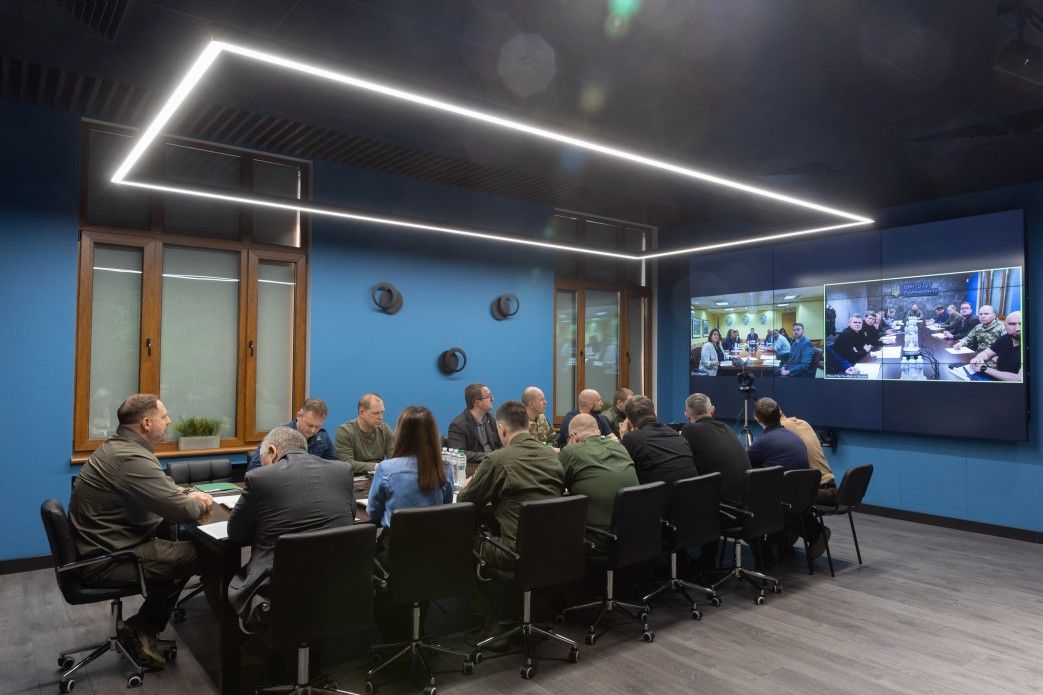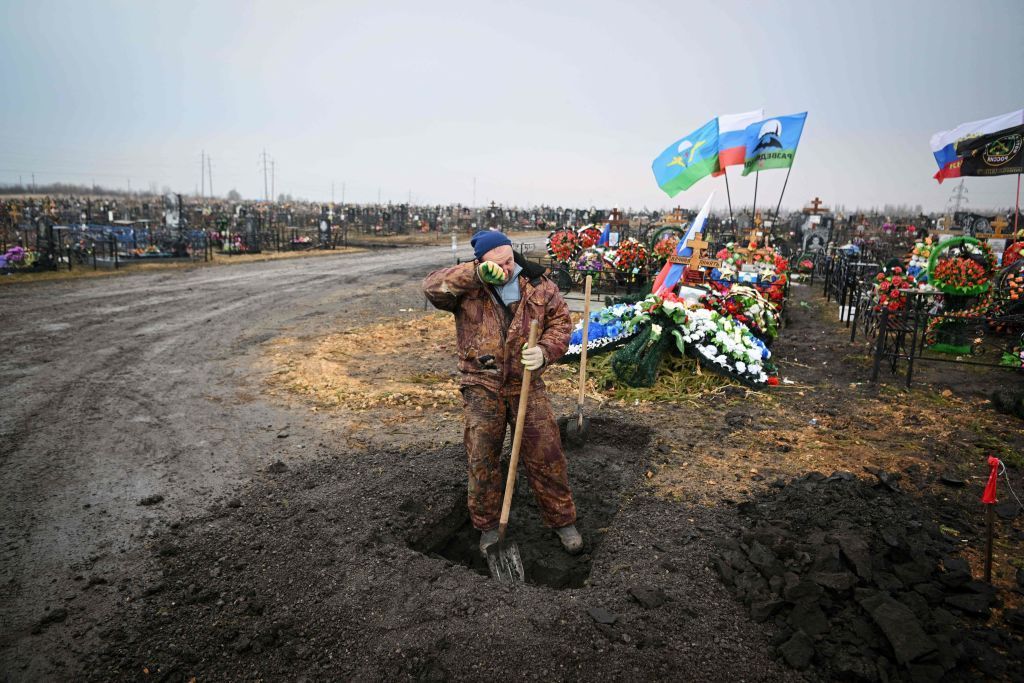What to expect from Zelensky's visit to Spain today

President Volodymyr Zelensky will visit Spain on May 27, after Russia's Kharkiv offensive forced him to cancel a planned trip to the country earlier this month.
Spanish Prime Minister Pedro Sanchez "will receive the president of Ukraine" at noon (10:00 a.m. GMT) before both men hold a press conference, the Spanish prime minister's office said in a statement on May 26.
The trip had originally been scheduled for mid-May but according to CNN Portugal, the change in plans was forced by the "serious internal situation in Ukraine at the moment."
Russia launched a new offensive on May 10 in northern Kharkiv Oblast. Moscow's forces had reportedly managed to advance as far as 10 kilometers (6 miles) into the region but had been halted by the first line of defense.
Although Kharkiv continues to be heavily bombed with large numbers of civilian casualties, and Russia reportedly masses another concentration of troops near Ukraine's border, the situation has reportedly stabilized, and Ukraine's General Staff said on May 24 that its forces were conducting counter-attacks.
What's on the agenda?
One of the main items on the agenda for the canceled visit was the signing of a bilateral security agreement with Spain.
The U.K., Germany, France, Denmark, Italy, Canada, the Netherlands, Finland, and Latvia have already signed bilateral agreements with Kyiv, and Ukraine is preparing more with seven more countries, including Spain.
The security guarantees would entail explicit and long-lasting obligations and bolster Ukraine's ability to resist Russian aggression. The guarantees would also cover sanctions, financial aid, and post-war reconstruction.
On May 22, after the original trip was canceled, Sanchez confirmed this was still on the agenda, telling parliament that his government had made "decisive progress in our bilateral relations with the Ukrainian government."
"So much so that I can announce to you today that, as soon as the situation on the front allows, we will sign an agreement with Ukraine that will increase economic, social, and institutional cooperation between our countries," he added.
The two countries concluded talks on the content of the agreement on May 7 when Sanchez also confirmed his participation in Ukraine's global peace summit to be held in Switzerland on June 15-16.
"I am grateful to Prime Minister Sanchez for his active support of the peace formula and its promotion among countries in Latin America and Africa," Zelensky said at the time.
What else is planned for the trip?
Spain's royal family also said in a statement that King Felipe VI would receive Zelensky at the palace, where "King Felipe and Queen Letizia will host a lunch in his honor."
It will be Zelensky's first visit to Spain since he took office in 2019.
On May 27, the Spanish newspaper El Pais reported that a new military aid package worth 1.13 billion euros ($1.23 billion) would also be announced during the trip.
Citing unidentified sources, it said the package would include over a dozen Patriot anti-aircraft missiles and 19 second-hand German-made Leopard 2A4s as well as other Spanish-made weapons.
It would be Spain's largest military aid package for Ukraine to date.
The bigger picture
The trip comes amid continued and heightening calls from Ukraine for allies to provide more air defenses to fight off Russian aerial attacks, particularly in Kharkiv Oblast, where 16 people were killed and 25 injured after a Russian strike on a hypermarket on May 25.
Zelensky is also calling on Western allies to allow Kyiv to use Western weapons to strike military targets in Russia, a topic that is likely to come up again in Spain.
"We see every point of concentration of Russian troops. We know all the areas where Russian missiles and combat aircraft are launched," Zelensky said in his evening address on May 26.
"Destroying this terrorist force, and thus saving thousands of lives and guaranteeing that the expansion of the war will be stopped, is purely a political decision. A decision that needs to be made."
Ukraine's allies have discussed Kyiv's calls to greenlight the use of Western weapons on military targeting within Russia.
German Green Party politician Anton Hofreiter recently spoke in favor of the idea in order to protect Ukrainian civilians.















